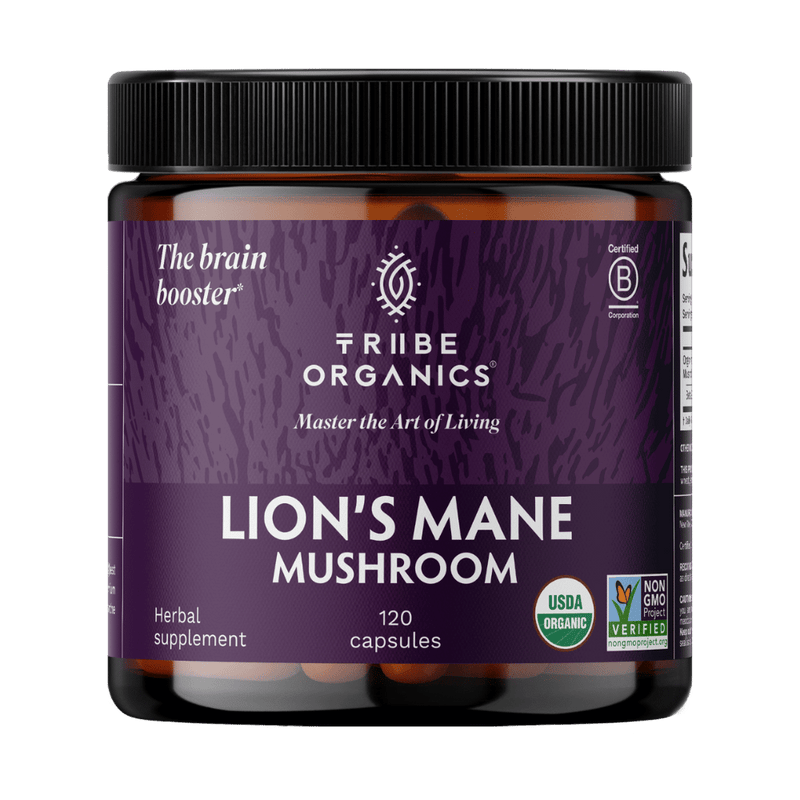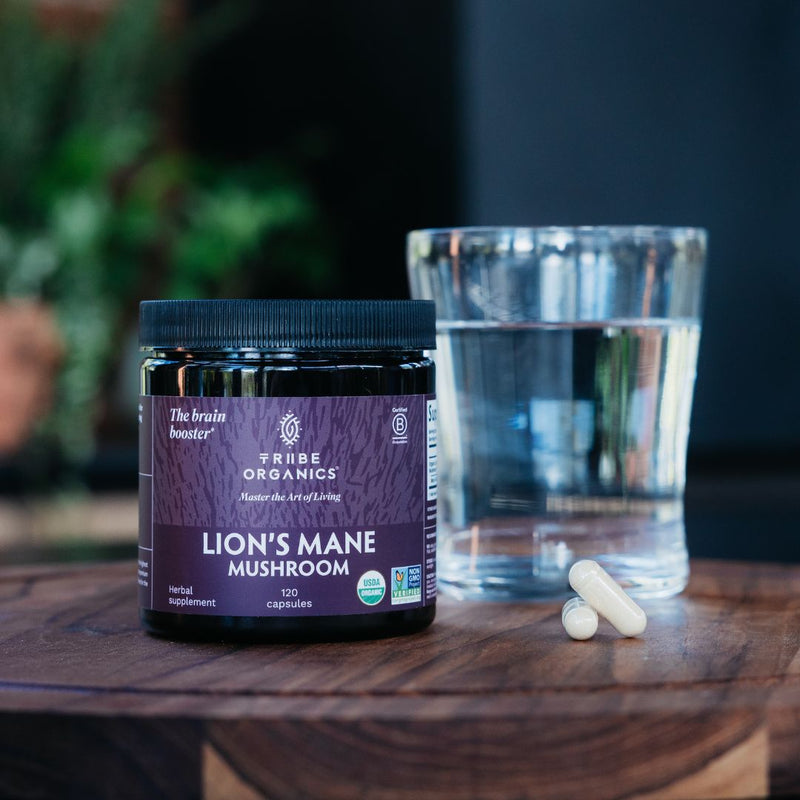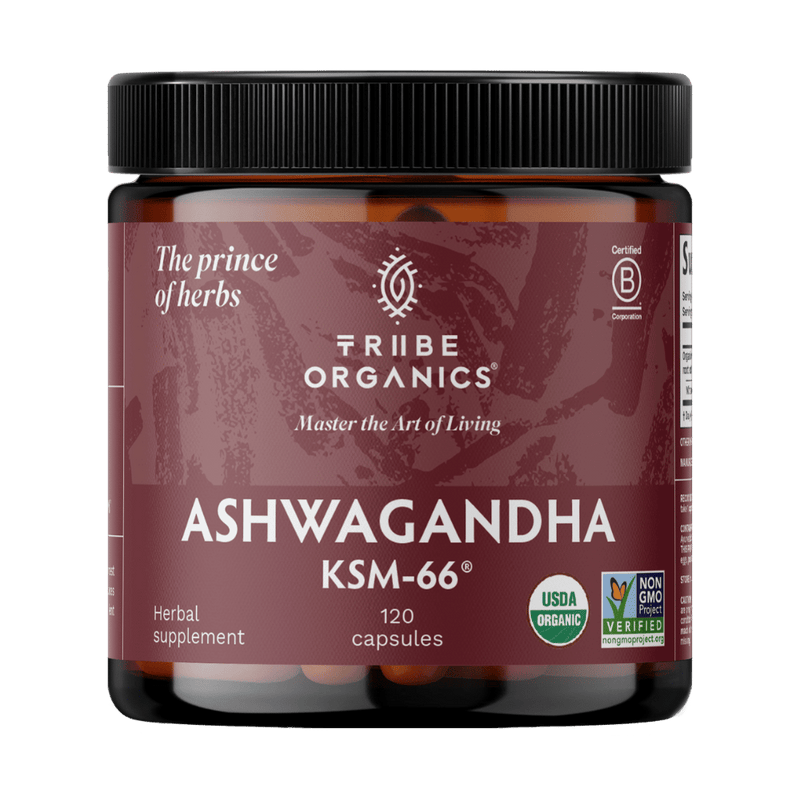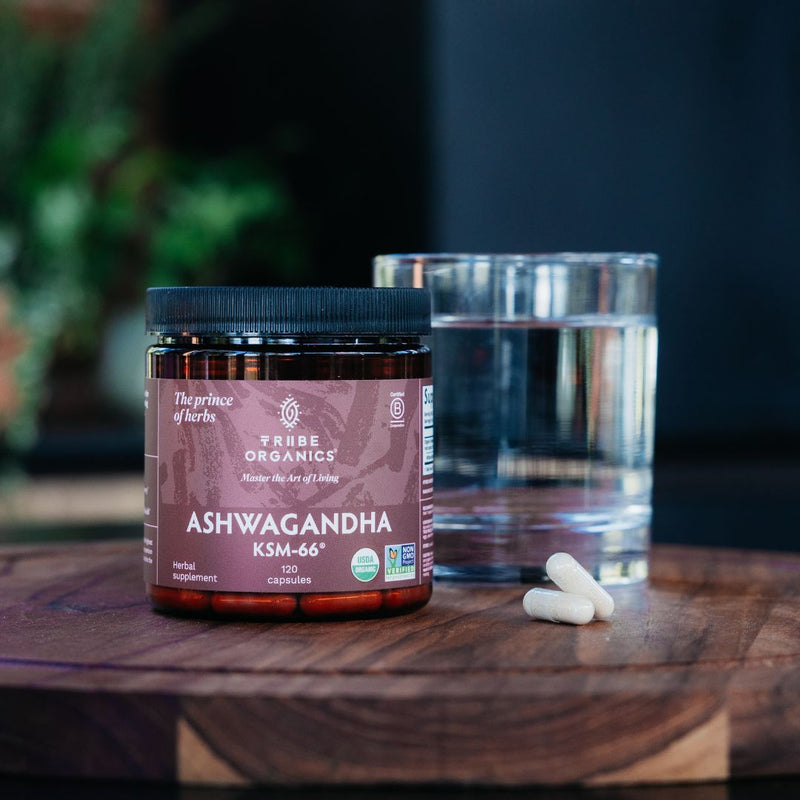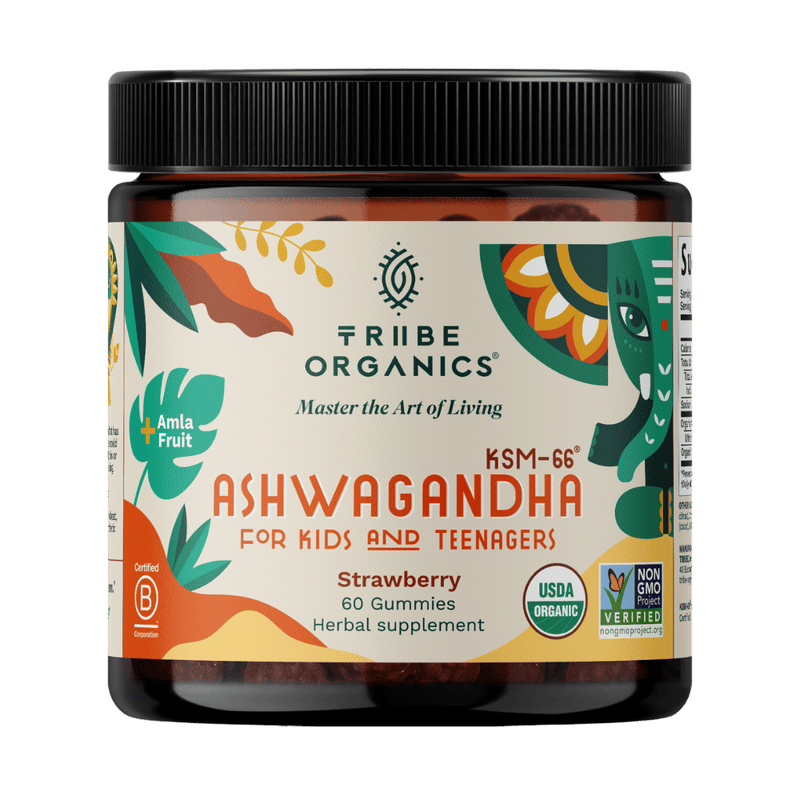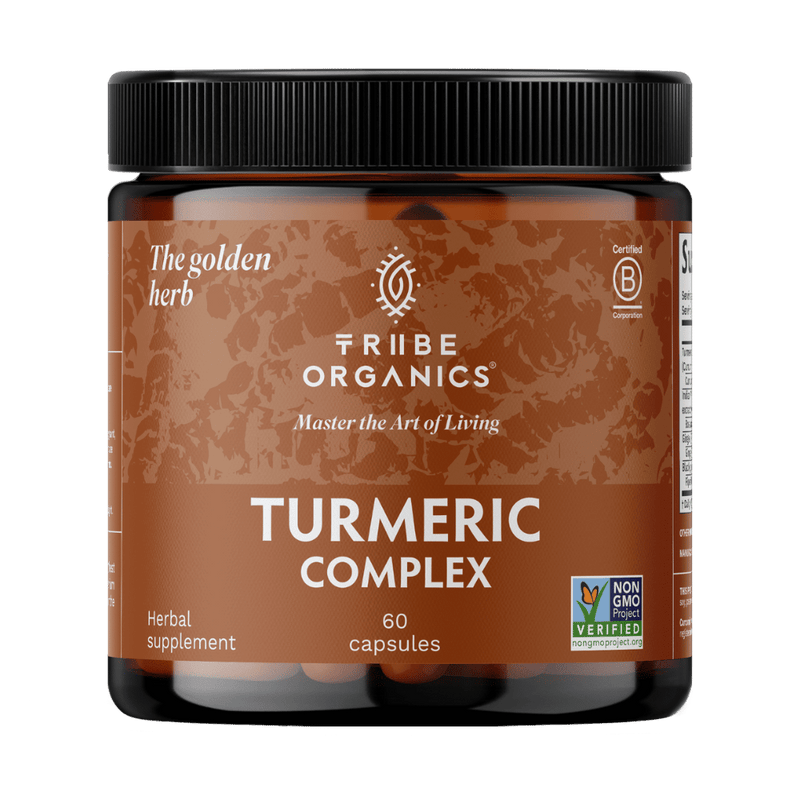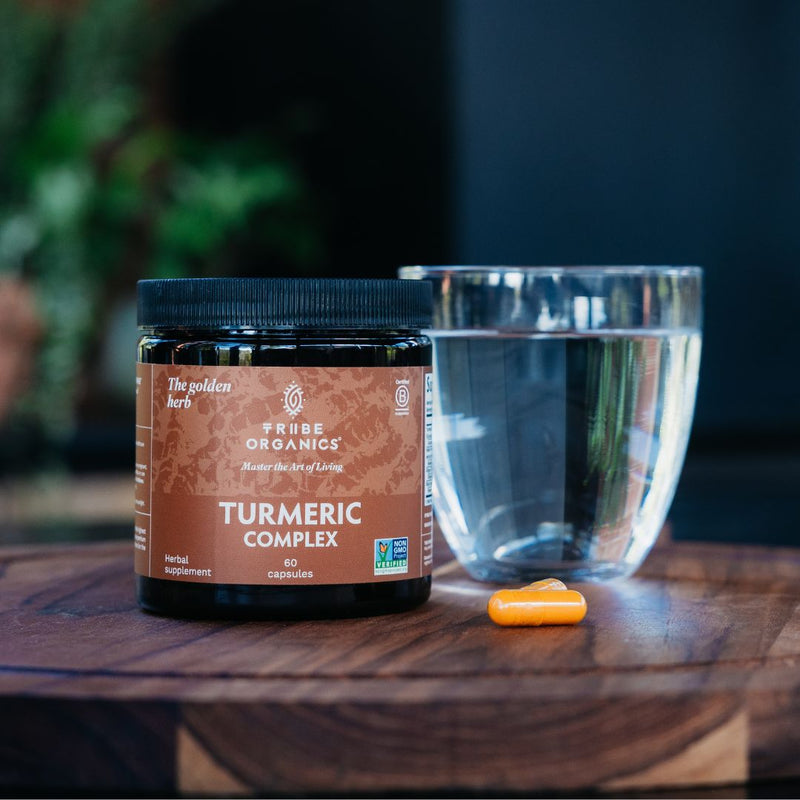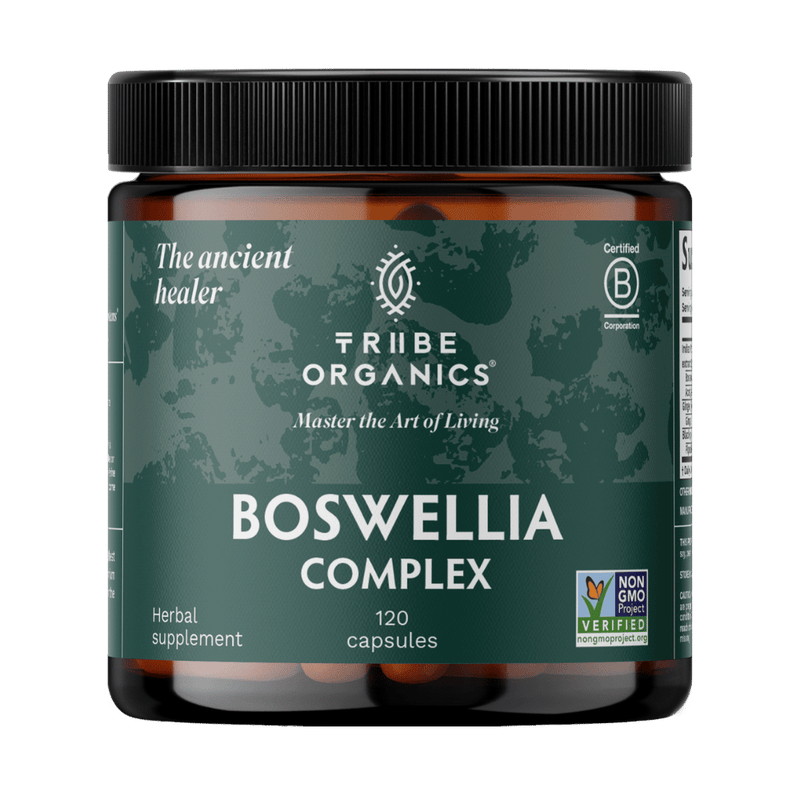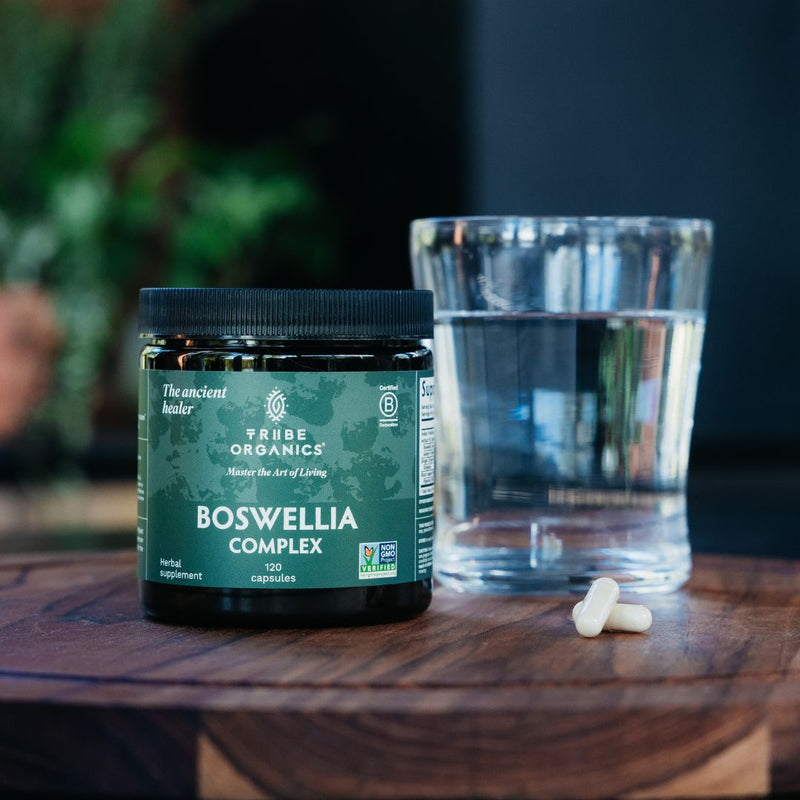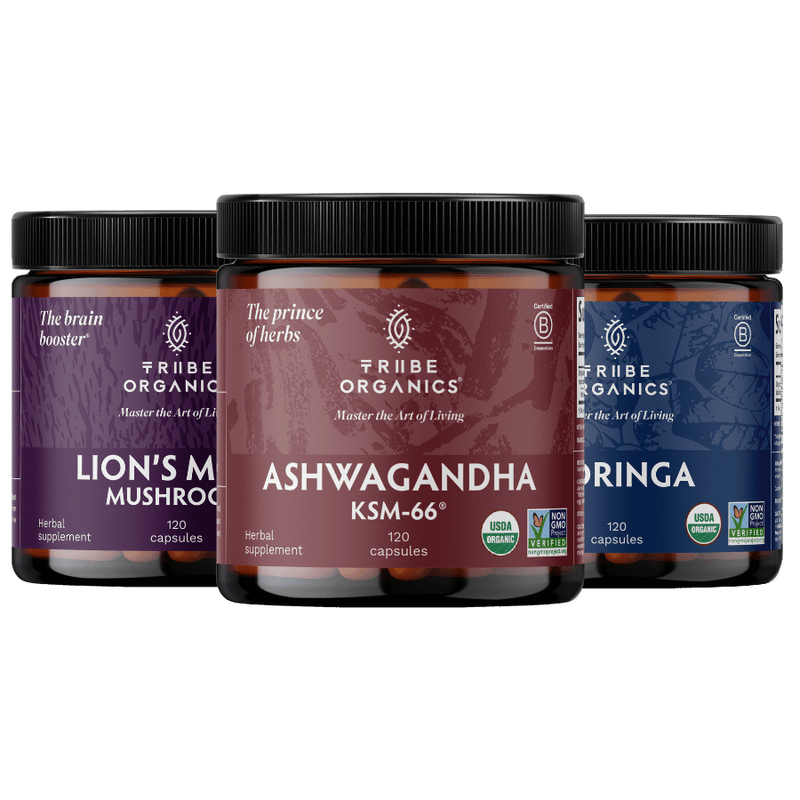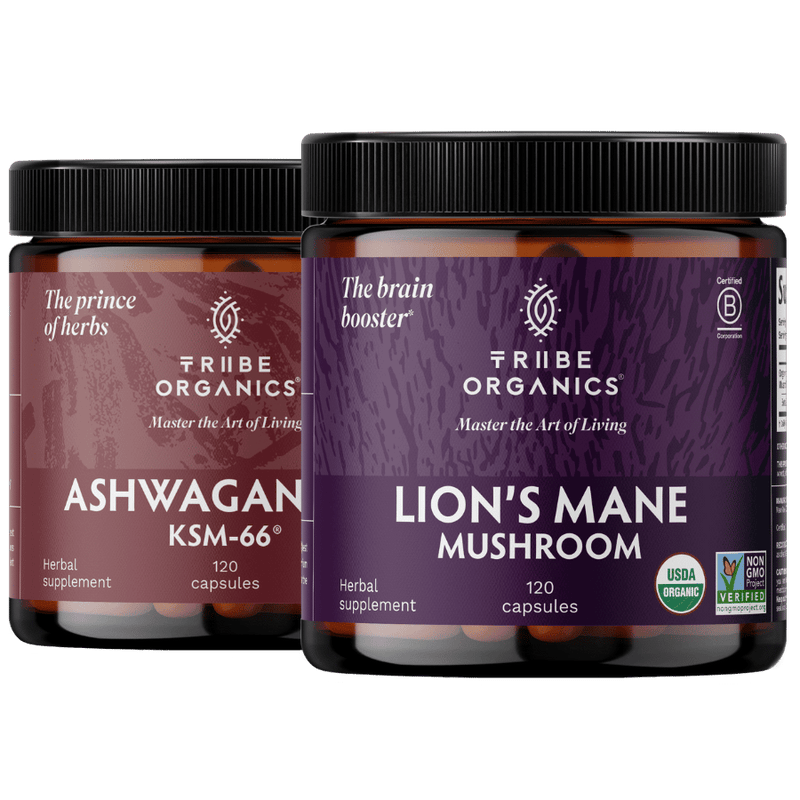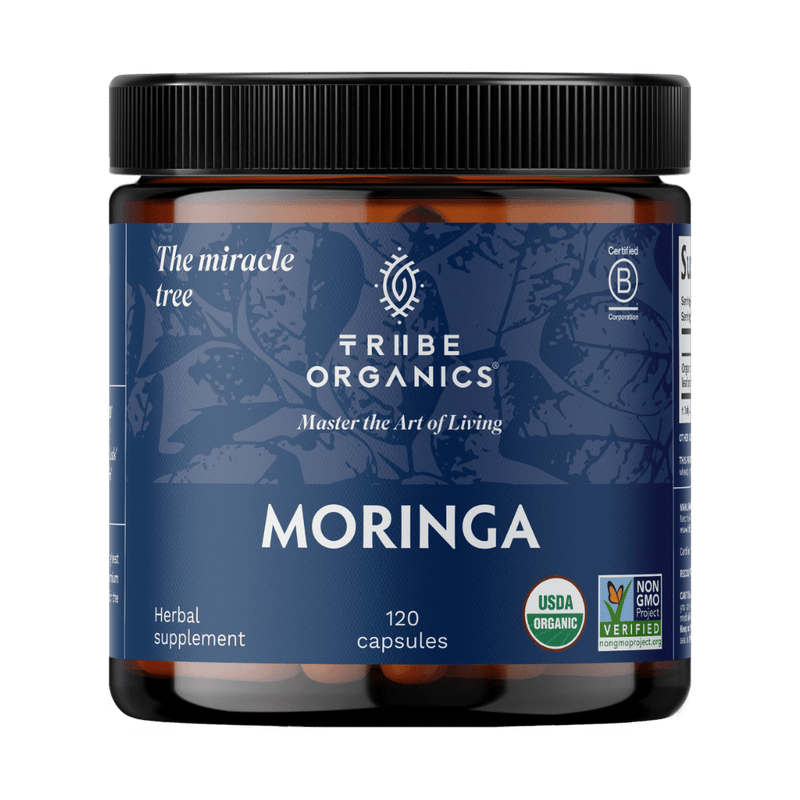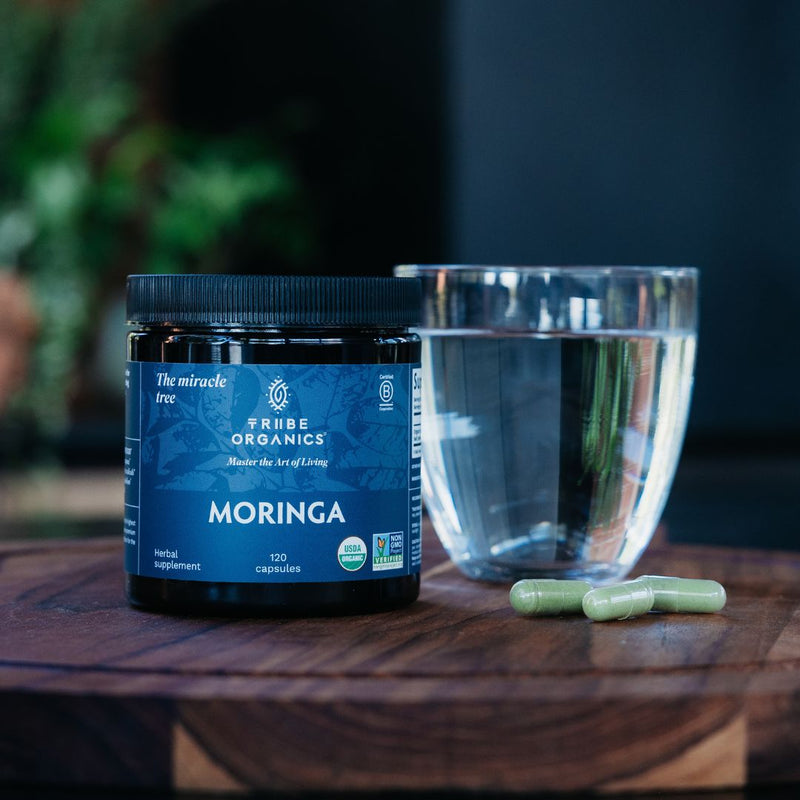Supplements are not a new concept, with humans using natural sources of vitamins and minerals for centuries, whether through fruit, vegetables, or other bio-active foods.
However, in the 21st century that we live in today, there are more opportunities than ever before for our diets to fall short of what is required to keep our bodies healthy and functioning optimally. With the popularity of high protein diets and different fasting programs and cleanses, attention to nutrition has been amplified to an all-time high.
As such, it’s no surprise that many people have begun turning to supplements in their quest to lead a healthier lifestyle. People consume various supplements, from fish oil to pre-workout powders, with varying effectiveness and potential side effects. Let’s look at what supplements are, their history, and their various uses.


What are Supplements?
The simplest way to explain supplements is by defining their function and purpose. Simply put, supplements are substances taken alongside or in place of meals to increase nutrition and health.
Regarding volume, supplements are sold in bottles containing capsules or tablets. These are consumed orally and often contain vitamins, minerals, fiber, amino acids, and fatty acids.
People often use the word "supplement" to mean "vitamins and minerals," but it can also mean "fiber, amino acids, fatty acids, and other nutraceuticals."
A Brief History of Supplements
It’s easy to assume that supplements are a 21st-century phenomenon; however, they are not. The term "nutritional supplement" was coined during the Industrial Revolution in the early 20th century, and the supplements themselves have been around for much longer.
In the early 20th century, scientists and health practitioners became increasingly aware of the benefits of specific vitamins and minerals. Certain diseases and ailments that were common at the time were thought to be caused by a deficiency in specific vitamins and minerals.
During the Great Depression in the 1930s, many people in the United States suffered from malnutrition due to limited food access. Scientists then suggested that people take supplements to help treat the signs of malnutrition.
Minerals and vitamins
Although vitamins and minerals are frequently used in conjunction with one another, it’s important to note that they are two very different things. Minerals are naturally occurring substances such as calcium, iron, and magnesium that are needed by the body for the maintenance of health and the proper functioning of different systems in the body, such as the nervous system, the digestive system, and the immune system.
While vitamins are organic compounds that are needed by the body in smaller quantities than minerals, vitamins help to facilitate bodily functions in different areas, such as the nervous system, the cardiovascular system, the respiratory system, and the immune system. Vitamins and minerals are essential to the proper functioning of the human body, with a deficiency in either or both of them leading to various health issues.
Furthermore, long-term and severe deficiencies in vitamins and minerals can lead to diseases such as diabetes, heart disease, osteoporosis, cancer, and Alzheimer’s.
Protein and Other Supplements
Protein is a macronutrient essential to the human body's proper functioning. The body needs it to repair and maintain cells, create enzymes and hormones, and even act as a source of energy when carbohydrates or fats are unavailable.
Regarding supplements, protein is commonly consumed in the form of amino acids, proteins, amino acid complexes, and even specific proteins such as whey, soy, and casein. This section of the article focuses on the use of supplements for their potential to increase the amount of protein in the body.
Other potential supplements include omega-3 fatty acids, iron, and calcium. While these substances are not as popular as protein, they are still worth noting.
Which Supplements Should You Take?
As mentioned in the introduction, the growing popularity of supplements has led to a broader selection of supplements available to the public. However, with so many options available, making an informed decision that’s right for your body can be difficult.
You should keep a few things in mind while making your decision. Firstly, you need to determine what your goal is. If your goal is to lose weight, you’ll want to look for supplements that facilitate that goal. If you’re looking to build muscles, you will want to look for supplements that help facilitate that goal.
Furthermore, it would help if you determined what your current diet is like. If you’re eating healthy meals but need to make up for a deficiency in specific vitamins and minerals, you’ll want to look for supplements that help fill that void. If your diet lacks protein or calories, you’ll want to look for supplements to accommodate for that.

How Do Supplements Help Our Bodies?
This is a good question and one that many people are curious about. Simply put, supplements get broken down in the stomach and are absorbed into the bloodstream, making their way to the cells in the body. Once there, they help facilitate bodily functions and promote good health. There are two ways in which supplements are helpful.
The first is that they help address a deficiency in vitamins or minerals that your body may be experiencing. In some cases, this deficiency may be caused by a poor diet. In other cases, it could be caused by genetics, the environment, or even stress. In these cases, supplements can bridge the gap and help the body function properly by supplying it with the vitamins and minerals it lacks.
The second way supplements can be helpful for the body is to promote the maintenance of bodily functions that are already working correctly. This is especially true of vitamins that may have been lacking in the body due to a poor diet.
Final Words
As discussed throughout this article, supplements are not just a fad or a trend. They are substances used to boost nutrition and health in humans and animals for centuries. There are also so many different benefits to taking supplements, whether to address a deficiency in vitamins, minerals, or proteins or to help promote the maintenance of bodily functions that are already working correctly.
It would help if you always kept in mind that eating a balanced and nutritious diet is the best way to stay healthy. Taking supplements can help you achieve your goals and reach your potential, but they shouldn’t replace a nutritious diet.
Shop best sellers
Explore our collection of favorite items that have gained popularity for their quality and satisfaction.




